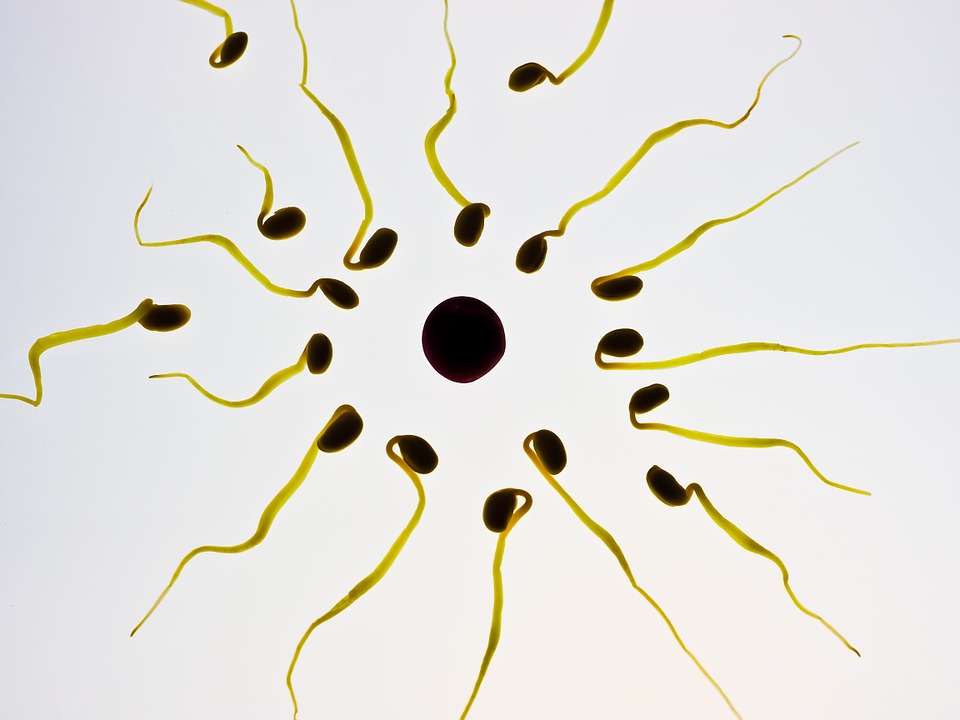Act Now on CRISPR Babies
By Editors,
Nature
| 06. 11. 2019
Another researcher has announced controversial plans to gene edit babies. The scientific community must intervene.
A worldwide debate is under way on how to regulate gene editing in human sperm, eggs or embryos.
A researcher steps forward and says he has plans to edit the genes of babies. He wants to alter a gene called CCR5 to protect children from HIV. He seems to have the skills, tools and position to do so — and he starts to tell other scientists about his plans.
When Chinese scientist He Jiankui did this, the story went famously wrong. Jiankui pushed ahead with his work quietly, and last November announced the birth of the world’s first gene-edited babies. He was quickly and universally condemned for acting recklessly and ignoring risks. Meanwhile, scientists whom He had told about the work beforehand were criticized for not raising the alarm.
Now this scenario is playing out again. Nature this week reports that molecular biologist Denis Rebrikov at the Pirogov Russian National Research Medical University in Moscow says that he plans to create babies with an edit of the same gene. The proposals are controversial, and already scientists are raising doubts...
Related Articles
By Scott Solomon, The MIT Press Reader | 02.12.2026
Chris Mason is a man in a hurry.
“Sometimes walking from the subway to the lab takes too long, so I’ll start running,” he told me over breakfast at a bistro near his home in Brooklyn on a crisp...
By Diaa Hadid and Shweta Desai, NPR | 01.29.2026
MUMBRA, India — The afternoon sun shines on the woman in a commuter-town café, highlighting her almond-shaped eyes and pale skin, a look often sought after by couples who need an egg to have a baby.
"I have good eggs,"...
By George Janes, BioNews | 01.12.2026
A heart attack patient has become the first person to be treated in a clinical trial of an experimental gene therapy, which aims to strengthen blood vessels after coronary bypass surgery.
Coronary artery bypass surgery is performed to treat...
By Staff, ScienceDaily | 01.05.2026
Scientists at UNSW Sydney have developed a new form of CRISPR technology that could make gene therapy safer while also resolving a decades-long debate about how genes are switched off. The research shows that small chemical markers attached to DNA
...




